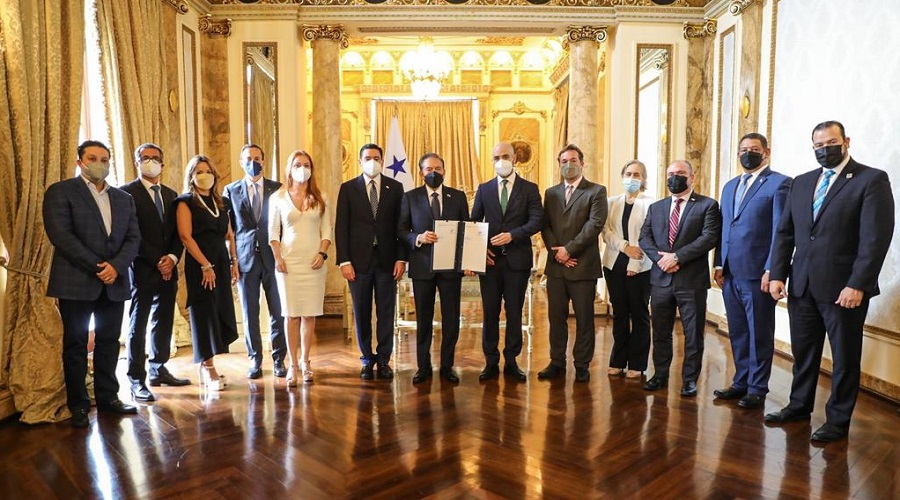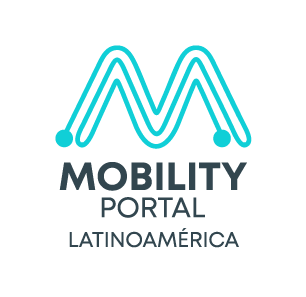Law 162, which encourages electric mobility in land transport and whose purpose is to reduce greenhouse gas emissions by increasing the use of renewable energy, was signed into law yesterday afternoon by the President of the Republic, Laurentino Cortizo Cohen, in an official act that took place in the Yellow Room of the Presidential Palace.
The Vice-President of the Republic and Minister of the Presidency, José Gabriel Carrizo Jaén, signed the document, followed by Cortizo Cohen’s approval.
The new law regulates the development and operation of electric mobility in Panama, promoting the transition from internal combustion to electric transport. It also implements measures and incentives in the public, private and academic sectors.
«This new law is aligned with the government’s energy strategy to migrate towards less polluting energy sources, a policy that today takes on greater importance with the rise in hydrocarbon prices subject to geopolitical and external factors,» said the president.
Public institutions of the national government, autonomous and semi-autonomous, must progressively replace their fleet of vehicles that use fuel with electric cars.
From 2025, 10 per cent of vehicles of public entities and collective and selective transport must be electric; in 2027 this percentage increases to 25 per cent and in 2030 it will be 40 per cent electric cars.
In the case of mass transport, collective and selective public transport certificates, a minimum of 10% of the car fleet must be electric by 2025; by 2027 the percentage increases to 20% and by 2030 it will be 33%.
The Transit and Land Transport Authority (ATTT) will conduct an annual review to ensure that transport operators comply with the replacement of internal combustion vehicles with electric vehicles. Failure to comply will result in the cancellation of the operating certificate.
The chief executive explained that the energy transition is contemplated in the government plan, with proposals for the change of technology in various areas of production as a route to a more modern, cleaner and environmentally friendly country.
Electric transport units will carry a green number plate. The National Energy Secretariat and the municipalities will manage everything related to electric charging stations.
In addition, the municipalities will manage the exemption of the payment of the vehicle number plate for a period of five years, counted from the date of purchase of new electric cars, and from the date of enactment of the Law for electric cars acquired previously.
Cortizo Cohen stressed that Panama continues to add actions that position us as one of the leading countries in the campaign to reduce the carbon footprint, thus contributing to stop the advance of global warming.
President Cortizo Cohen was accompanied by the Vice President of the Republic and Minister of the Presidency José Gabriel Carrizo Jaén; the National Secretary of Energy, Jorge Rivera Staff; the Administrator of the National Authority of Public Services of Panama, Armando Fuentes Rodríguez; Congressman Edison Broce (proposer of the Law), the Director of the United Nations Environment Programme in Latin America and the Caribbean Jaqueline Álvarez; representatives of banking entities and private companies.





















